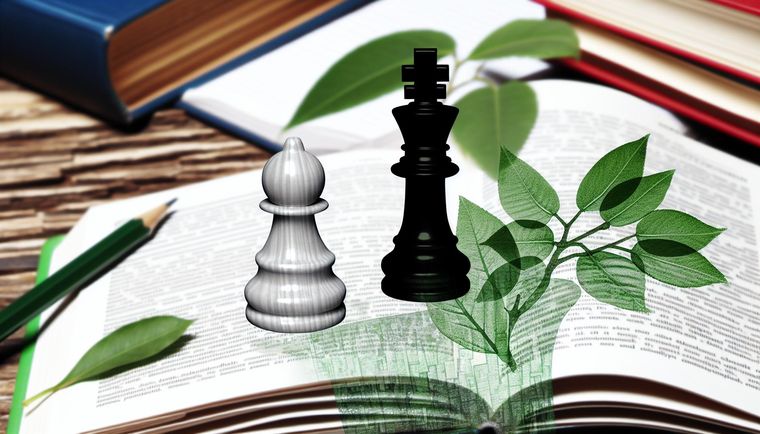Empowering Future Leaders: The Role of Education and Sustainability in APRIL Group's Success

In the heart of Stockholm, a fruitful collaboration has blossomed between KTH (Royal Institute of Technology) and APRIL Group, one of the world’s largest pulp and paper manufacturers. For the past 20 years, this partnership has not only fostered a knowledge exchange but has also paved the way for sustainable innovation in Indonesia's forestry sector, unlocking the potential for future leaders through education.
APRIL Group, which operates extensive mills and plantations primarily on the island of Sumatra, is part of the Royal Golden Eagle (RGE) corporate group and plays a significant role in the global forestry market. According to Mikael Lindström, a professor of pulp technology at KTH, the company produces an astonishing 35 million tons of pulp and over one million tons of paper each year. Recently, they have diversified their operations by including paperboard production and viscose fiber manufacturing through their subsidiary, Asia Pacific Rayon - meeting the global demand for sustainable products.
The educational exchange program offers APRIL employees the chance to pursue master's degrees at KTH. Graduates like Eduward Ginting, who is now the Chief Operating Officer at APRIL, reflect on a transformative experience that not only enhanced their technical knowledge but also introduced them to vital industry contacts. Eduward, who completed his degree 16 years ago, believes that the high standards of education and collaborative spirit of KTH have been instrumental in shaping leaders like himself.
APRIL Group's commitment to sustainability is intrinsic to its operational philosophy. They adhere to Best Available Technology (BAT) practices, which focus on minimizing environmental impact while maximizing efficiency. Widi Suganda, a recent graduate of KTH who spoke about his enriching year in Sweden, underscores the importance of integrating Swedish values of sustainability and circularity into their practices back in Indonesia. He mentions that learning from a country that actively seeks to replace fossil-based materials with bio-based alternatives has been a guiding force in their initiatives.
Furthermore, APRIL Group employs innovative strategies such as ring planting that preserves biodiversity by creating buffers around protected forests, thereby ensuring that economic and ecological interests coexist harmoniously. The use of digital technologies and drones aids in reducing carbon emissions significantly, establishing a model of sustainable forestry that other industries can emulate.
The cultural exchange has also had tangible benefits, as both Eduward and Widi have adopted Swedish work ethic principles. They emphasize the value of straightforward communication, shared decision-making, and the balance of work-life practiced through regular 'fika'—or coffee breaks—enriching their team dynamics and productivity at APRIL Group.
This ongoing collaboration embodies a commitment to uplift not just the companies involved but also the communities relying on the forestry sector. By cultivating future leaders through education and sustainable practices, APRIL Group aims to transform challenges into opportunities, ensuring their operations contribute positively to both the economy and the environment.
As more employees participate in this exchange, the knowledge gained will further propel APRIL Group towards becoming a global leader in renewable materials, showcasing how education and sustainability can go hand in hand to forge a brighter future.
Related Sources:
